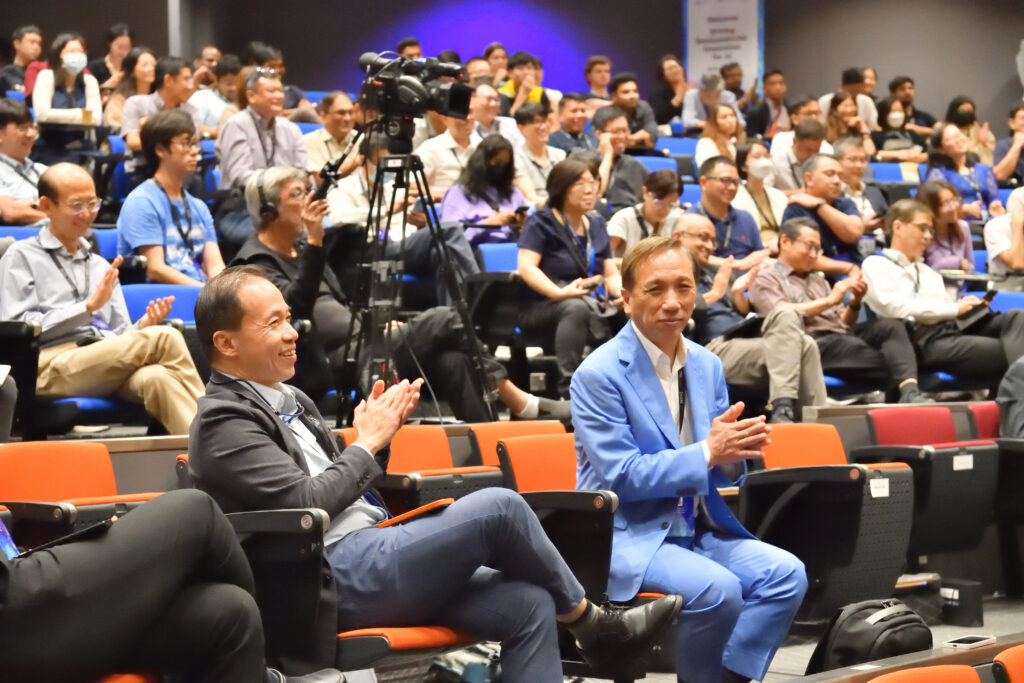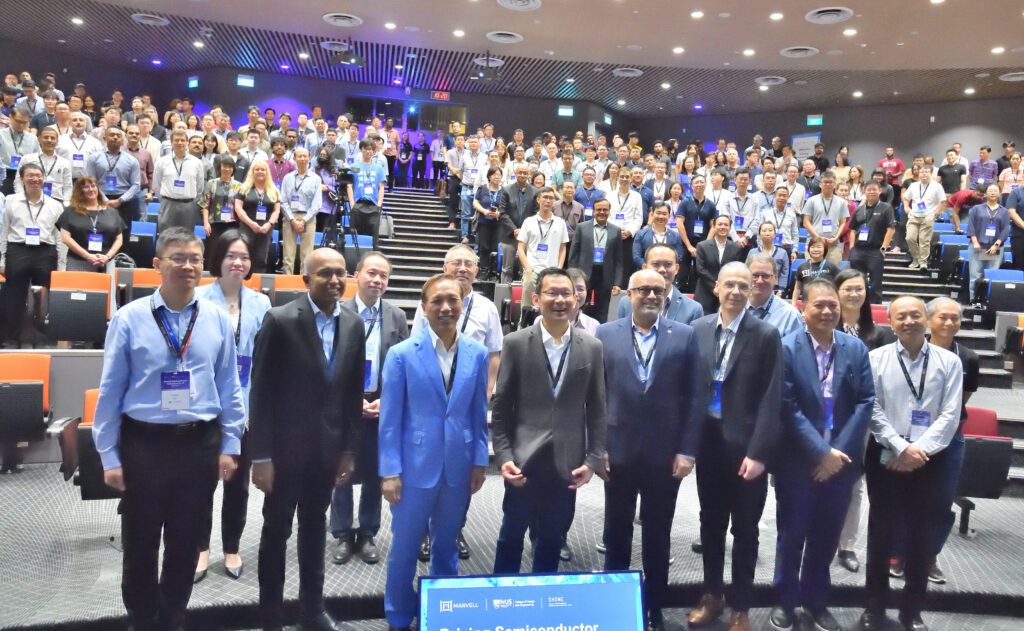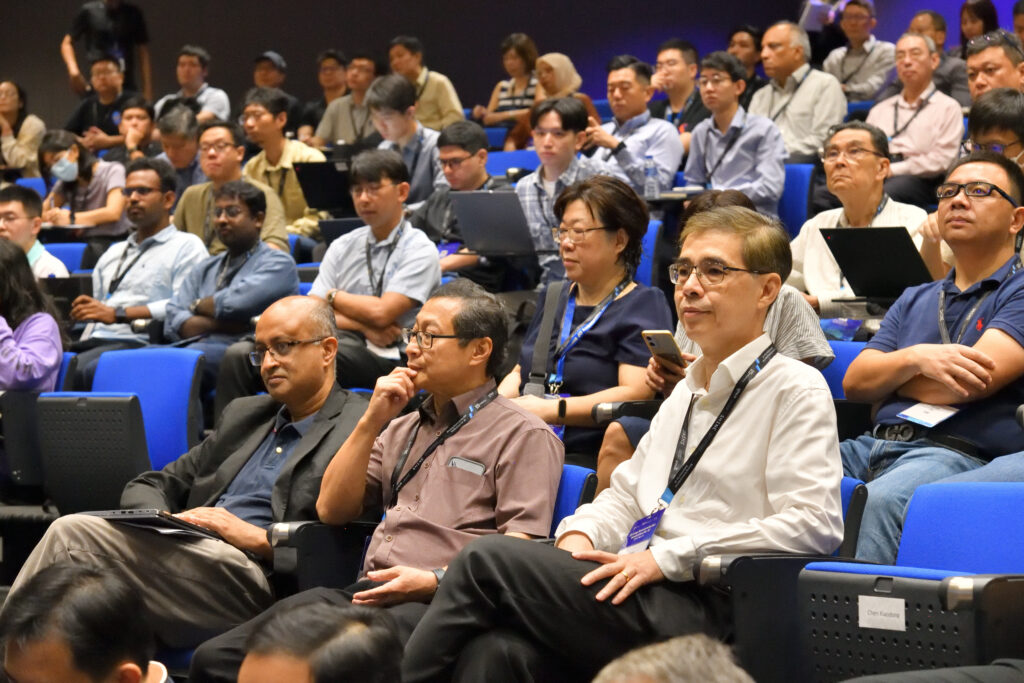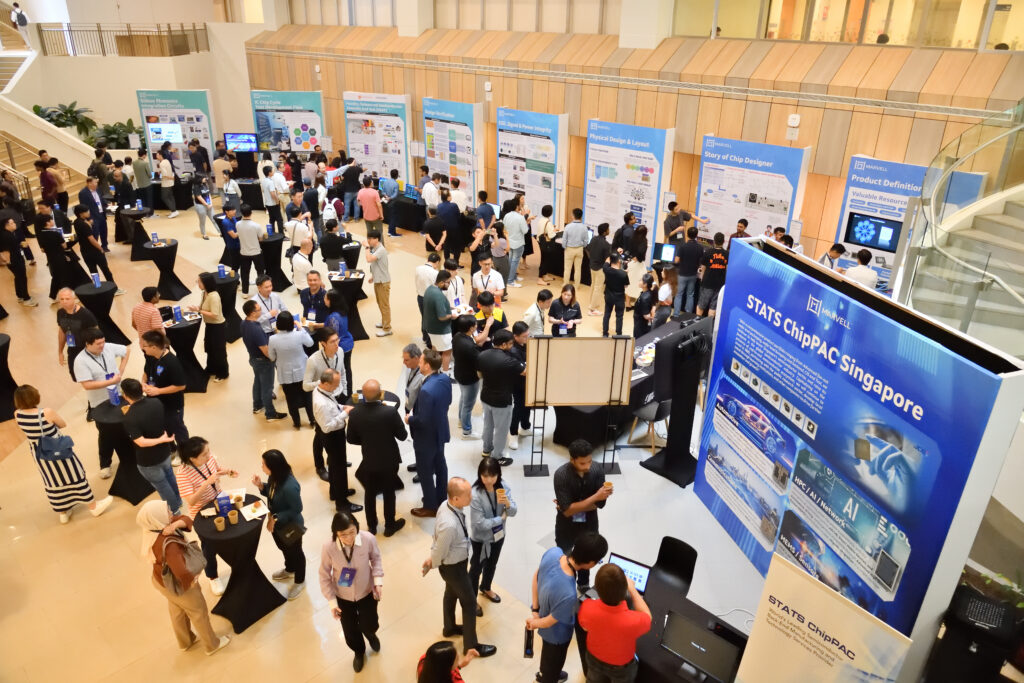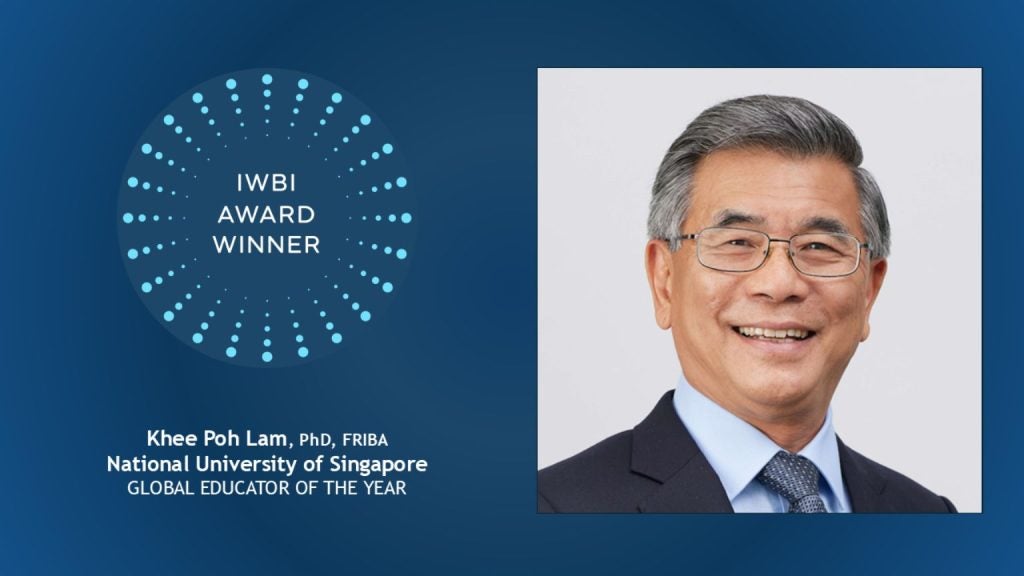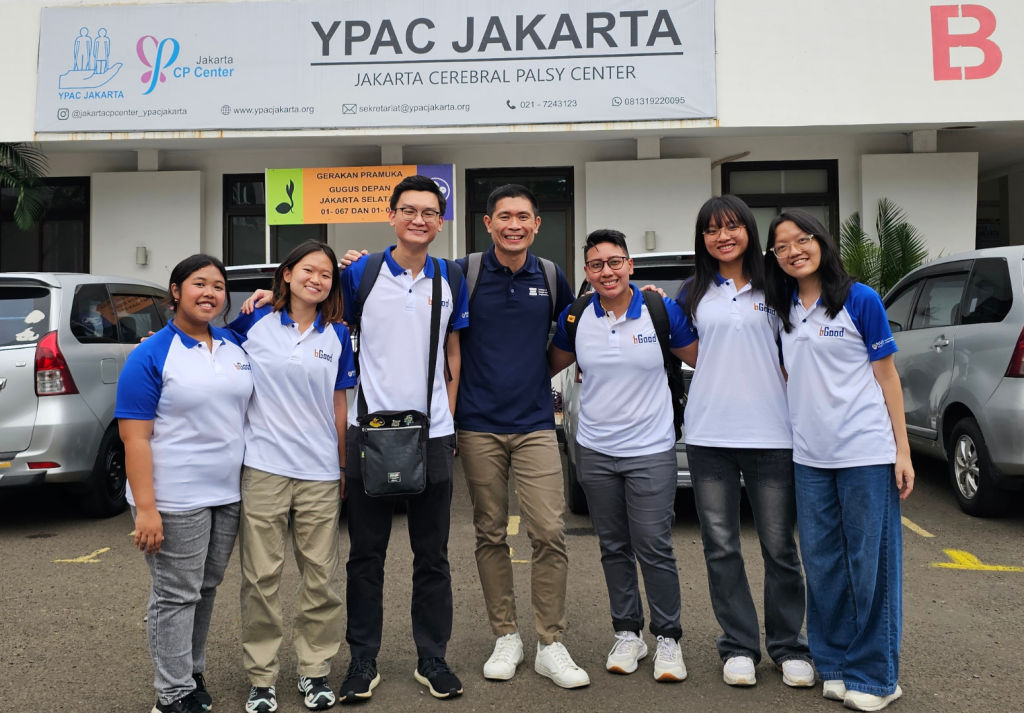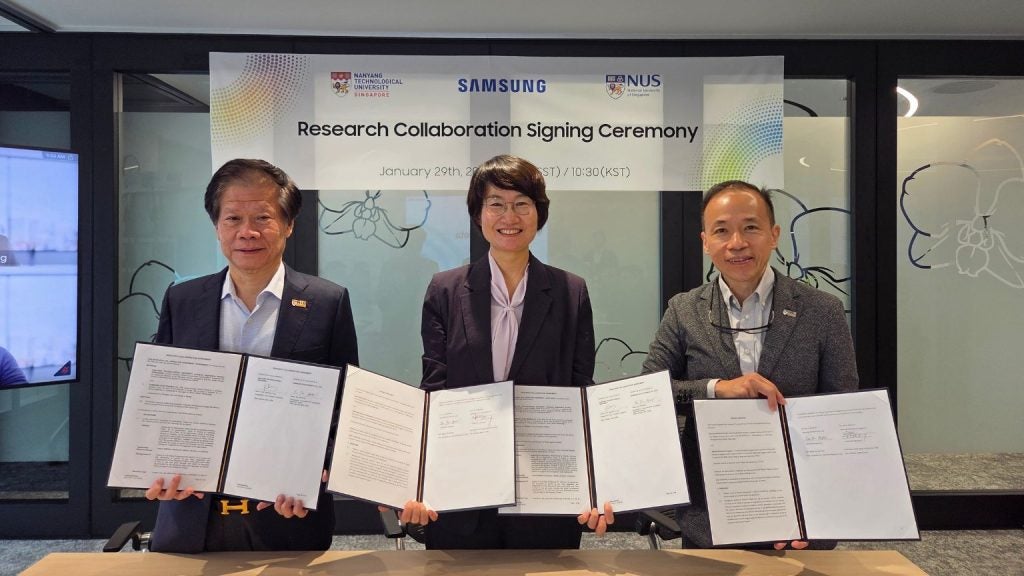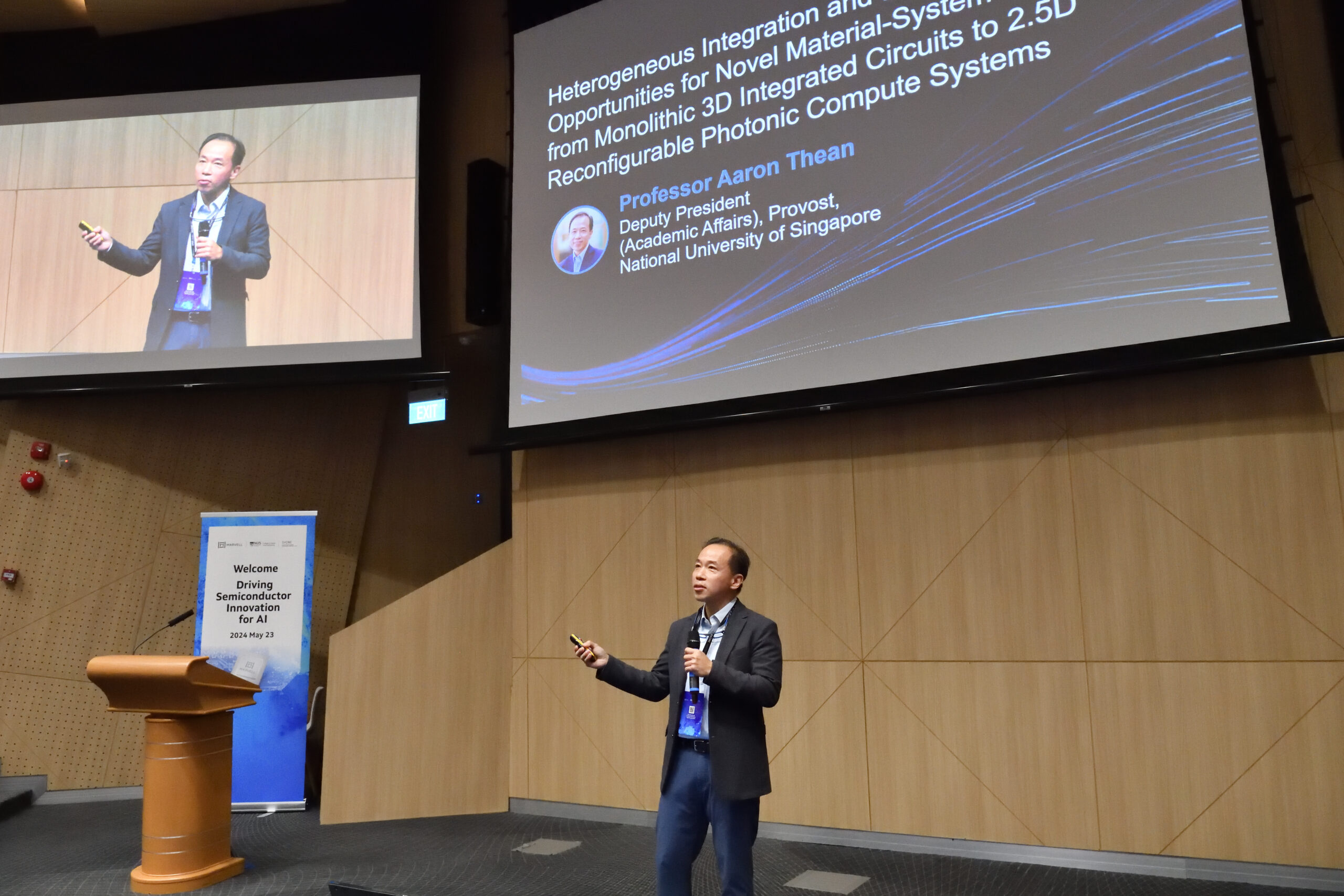
The Singapore Hybrid-Integrated Next-Generation μ-Electronics (SHINE) Centre and Marvell Asia recently brought together academia and industry experts for a day-long symposium to explore the opportunities and challenges of semiconductor innovation in Singapore. Held on 23 May, the Driving Semiconductor Innovation for AI symposium focused on the evolving semiconductor AI system and the importance of cultivating the semiconductor talent pool in Singapore.
Following the networking breakfast, the symposium began with a series of speeches from industry leaders and academics. The first speaker was Guest of Honour Mr Beh Kian Teik, CEO of National Research Foundation Singapore. He highlighted the pivotal role of semiconductors, describing them as the “lifeblood of modern technology and are the bedrock of many of the modern digital infrastructure”.
“When it comes to AI, that role is even more pivotal,” he said. “We are the engine that drives the complex computation that is required to train AI applications from large neural networks to real-time data processing.”
Mr Beh said that the relationship between AI and semiconductors is symbiotic, and as AI models grow more complex and powerful, the demand for more efficient hardware increases.
The first keynote of the day was presented by Dr Loi Nguyen, Executive Vice President and General Manager of Cloud Optics at Marvell who discussed the role semiconductors play at the foundation of AI. He pointed to the increasing significance of interconnects, which are structures that connect two or more circuit elements (such as transistors) electrically. “Interconnects have become the essential part of making AI work,” he said. “Today, the major interconnects that makes AI possible is optical technology.”
In his own keynote, Professor Aaron Thean, Director of the SHINE Centre, reiterated Dr Nguyen’s point. He noted that while “AI is going to transform semiconductors, more folks should get interested in the hardware – i.e. semiconductors.”
Prof Thean, who is also NUS Deputy President (Academic Affairs) and Provost, reiterated the importance of building a talent pool in the industry that would help the industry move forward.
"One of the unique aspects of SHINE is that we bring together front end of line material innovation with advanced packaging capabilities that are industrial scale,” he said. “We now bring students into SHINE and into our cleanrooms and allow them to get their projects done with our equipment.”
Prof Thean has recently been working with CDE to launch a new Master of Science in Semiconductor Technology and Operation, with the intention to use that as an avenue to train the next generation of semiconductor engineers.
This was followed by the last keynote address of the day, with Mr Terence Gan, Executive Director of the Institute of Microelectronics at the Agency for Science, Technology and Research, exploring the ways the industry can foster collaborations and tap into resources available at research institutes in Singapore.
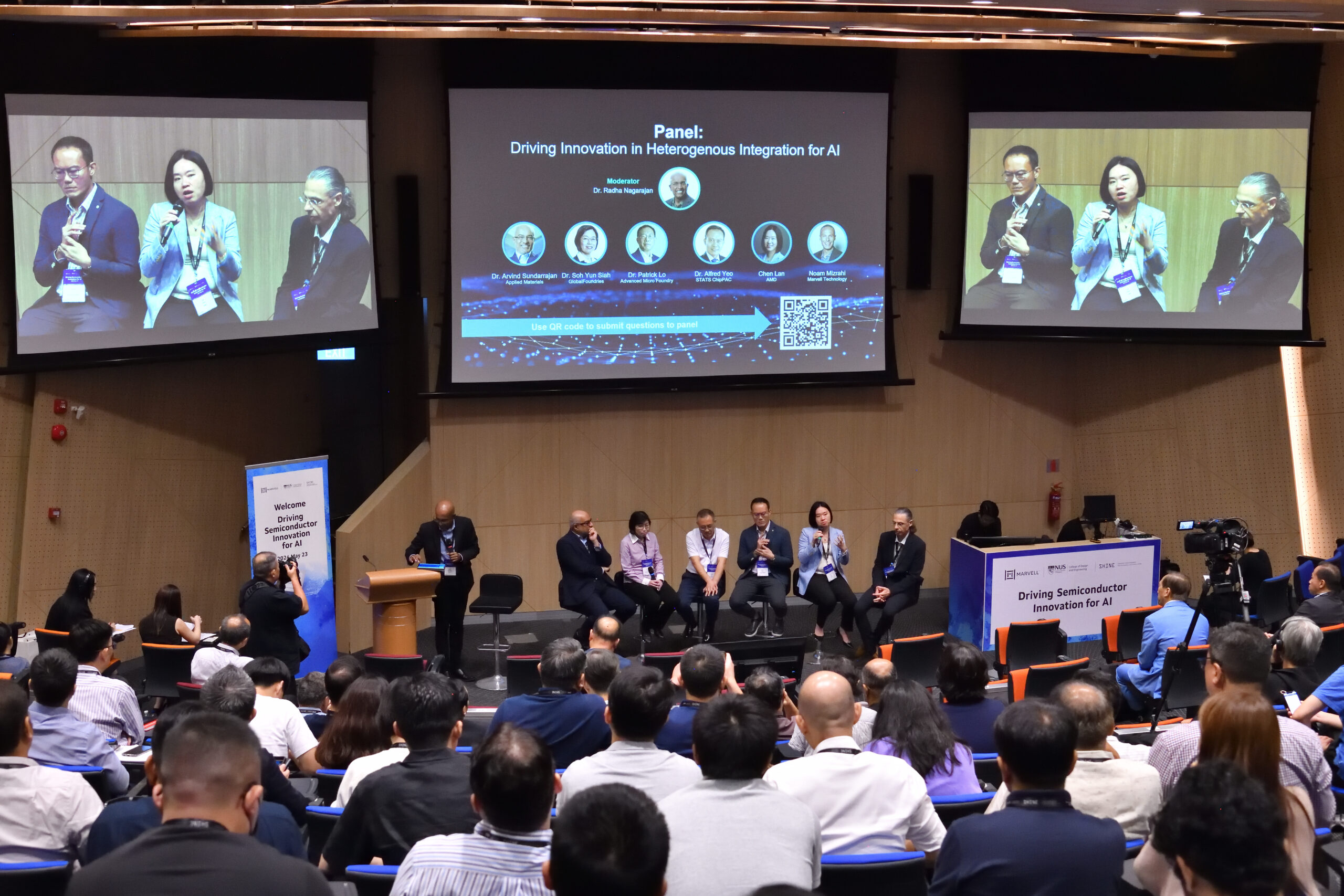
In the afternoon the symposium moved on to a panel discussion, bringing together industry experts to discuss heterogeneous integration for AI. Moderated by Dr Radha Nagarajan, Senior Vice President and Chief Technology Officer of Cloud Optics at Marvell, the panel answered questions from the audience, particularly from students interested in joining the industry.
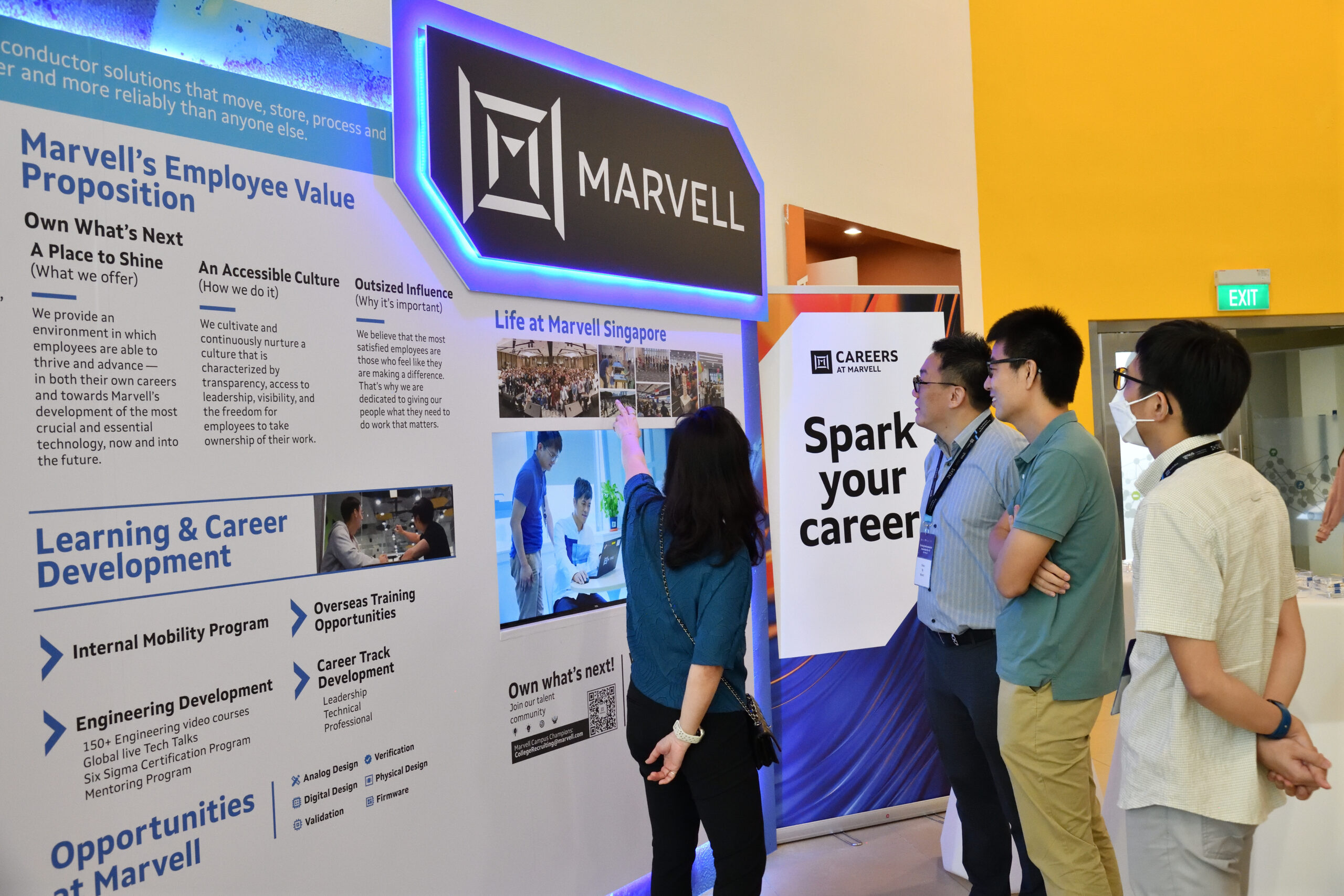
The day wrapped up with participants invited to tour exhibition booths set up by companies such as Marvell, Global Foundries and STATS ChipPAC. Through a series of activities and contests, participants were able to find out more about the talent development programs and career opportunities these companies had to offer.



